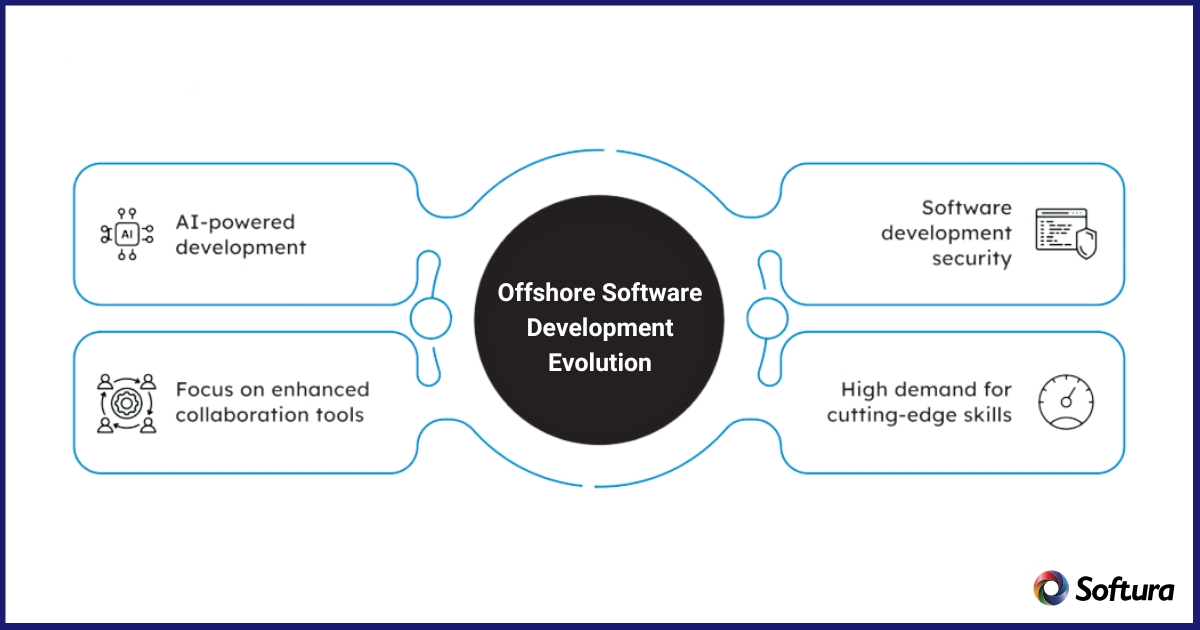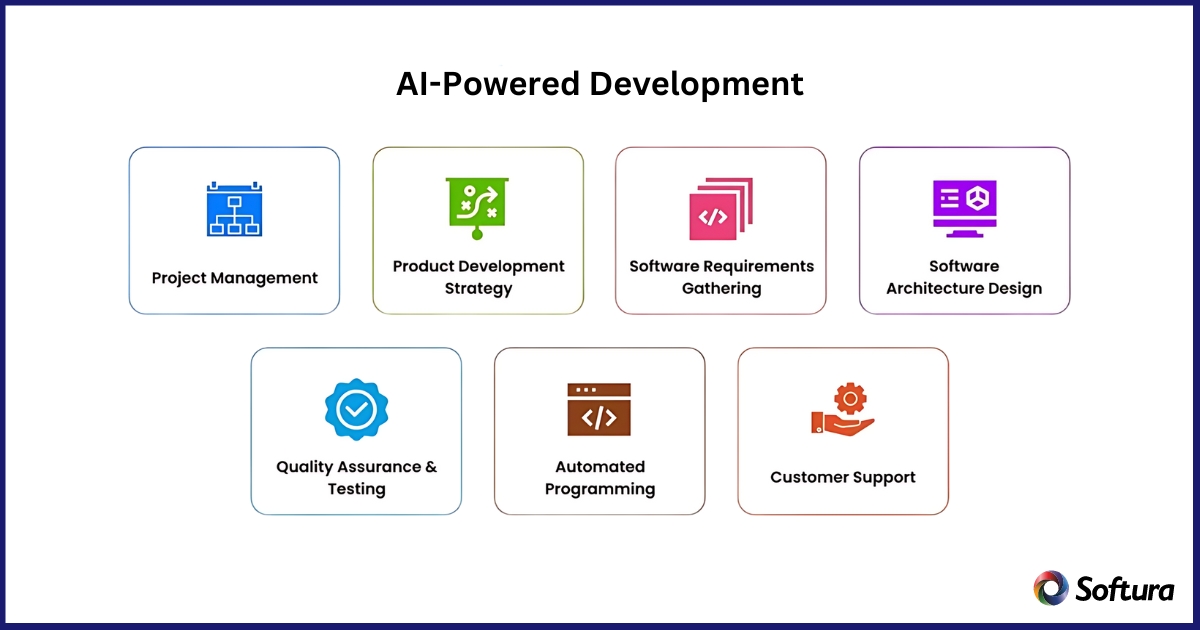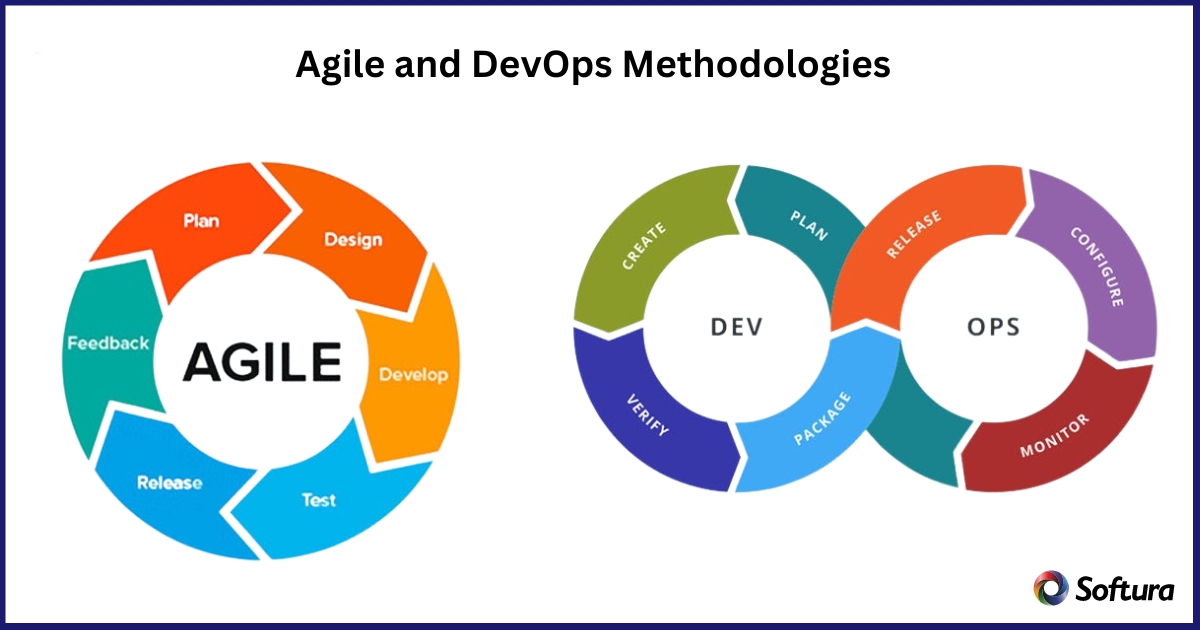"Our integration with the Google Nest smart thermostats through Aidoo Pro represents an unprecedented leap forward for our industry."
- Antonio Mediato, founder and CEO of Airzone.
Offshore Software Development is a dynamic and strategic approach where companies delegate their custom software development tasks to teams located in a different country. This method is not just about cutting costs; it's about tapping into a global talent pool, achieving round-the-clock productivity, and fostering innovative ideas from diverse cultural perspectives. Imagine a world where the geographical boundaries blur, and collaboration extends beyond local confines, bringing together the best minds from across the globe to work on your project. This is what offshore software development is all about — turning the whole world into a potential IT powerhouse for your business.
"Our integration with the Google Nest smart thermostats through Aidoo Pro represents an unprecedented leap forward for our industry."
- Antonio Mediato, founder and CEO of Airzone.
Offshore software development is expected to grow around the world in 2024, with market values hitting amounts that have never been seen before. As of 2030, Cognitive Market Research says the Global Offshore Software Development Market will be worth USD 112,609.5 Million, growing at a rate of 15.2% per year from 2023 to 2030.

"Our integration with the Google Nest smart thermostats through Aidoo Pro represents an unprecedented leap forward for our industry."
- Antonio Mediato, founder and CEO of Airzone.
The following trends highlight the key shifts defining the future of offshore software development.
Software Development Security
Keeping the privacy, integrity, and availability of applications safe during custom software development is an ongoing process that includes both people and procedures. When security is a top priority during the creation process, it's made sure that the software is safe from the start. When it comes to important or sensitive information processing apps, security methods that are built into every step of the software development life cycle (SDLC) work the best.
Here are some tools and methods that can be used to make software development secure:
No or Low Code Development
No code development, also known as "low code development," is a method for creating software applications. It enables developers to quickly and easily build apps using tools and software that reduce the amount of code normally required for similar applications. You can use the following tools and methods to help you do no or low code development:
Low-Code Platforms: Instead of writing complex code, using low code platforms, users can build apps by dragging and dropping components. This makes it easier for writers to make apps quickly without having to write a lot of complicated code. OutSystems, Mendix, and Appian are some of the well-known low-code systems.
No-Code Platforms: With no-code platforms, users can make apps without having to write any code. The best users for these sites are those who want to make apps but don't know how to code. Bubble, Webflow, Microsoft Power Platform, and Glide are some of the well-known no-code systems.
API Integration: With API integration, developers can integrate services from other companies to their apps without having to write any code. This means that writers don't have to write as much code when they want to add features to their apps. Zapier, IFTTT, and Microsoft Power Automate are the well-known API connection tools.
Visual Development Environment: With a drag-and-drop interface, visual development environments let developers make apps. This means that writers don't have to write as much complicated code when creating apps. Wix, Squarespace, and Shopify are the well-known visual development platforms.

AI-Powered Development
AI-powered development is a way of making software that uses artificial intelligence (AI) to automate some parts of the software development process . Here are some tools and methods that can help you use AI to power your development:
High Demand for Cutting-edge Skills
The software development sector is experiencing a surge, with projections indicating it will exceed a staggering $700 billion by 2026, up from its current $260.38 billion valuation.
This surge is driving an immense demand for advanced skills in offshore development, mirroring the industry's swift growth and the increasingly intricate nature of projects. Below are several key skills that are highly valued and can be effectively utilized in offshore development:
Onboard Offshore AI Developers
Develop AI-driven software and integrate it into your business processes with Softura's dedicated offshore AI developers!
"By analyzing the data from our connected lights, devices and systems, our goal is to create additional value for our customers through data-enabled services that unlock new capabilities and experiences."
- Harsh Chitale, leader of Philips Lighting’s Professional Business.
The Next Big Thing: Agile and DevOps
Agile and DevOps have changed the way software is developed and are becoming more and more popular because they are flexible and effective. Agile is an open, iterative method that focuses on working together, getting feedback from customers, and putting out updates quickly. Together, the development and management teams work together in DevOps, which speeds up and improves the reliability of software release. Agile and DevOps are likely to take over the world of software development by 2024.
Tools and methods for putting Agile and DevOps into action:

Remote Project Management Techniques
As the world becomes more connected, managing projects from afar is essential. Coordinating outputs from teams that are spread out physically, often without meeting in person, is part of it. It's important to try new ways to communicate and work together.
Tools and methods for managing projects from afar:
Tools and Methods for Ensuring Quality Around the World:
Get Next-Generation Custom Software Solutions
Simplify, standardize, and speed up your digital journey with tailored software application development services from Softura!
Source: Markets and Markets
It is important to stay ahead of the changes in this industry as offshore software development continues to grow and surge around the world in 2024.
Here are some tips to help you find your way around and adjust to new trends in offshore software development:
By using these tips, you can make sure that your offshore software development projects are successful and that you stay ahead of the competition in your field.
Get Next-Generation Custom Software Solutions
Simplify, standardize, and speed up your digital journey with tailored software application development services from Softura!
Source: Markets and Markets
For more than 25 years, Softura has led the charge in crafting tailored software applications for US clients with its Indian offshore development teams. As a Microsoft Certified Gold Partner, we bring a wealth of expertise to every project, ensuring tangible results.
Our offshore software development team, comprising over 450 skilled engineers, embraces agile methodologies to guarantee flexibility and adaptability throughout the development lifecycle.
This approach ensures not only swift delivery but also enduring quality, thanks to our comprehensive full lifecycle quality assurance practices.
Discover Softura's Key Highlights:
Schedule a complimentary consultation with one of our specialists today to explore bespoke software development strategies custom-fitted to your business's unique needs.
Get Next-Generation Custom Software Solutions
Simplify, standardize, and speed up your digital journey with tailored software application development services from Softura!
Source: Markets and Markets
Are you ready for your next project?
Unlock your company's full potential with our comprehensive AI and software services. Contact our experts today to discuss how we can drive your success together.